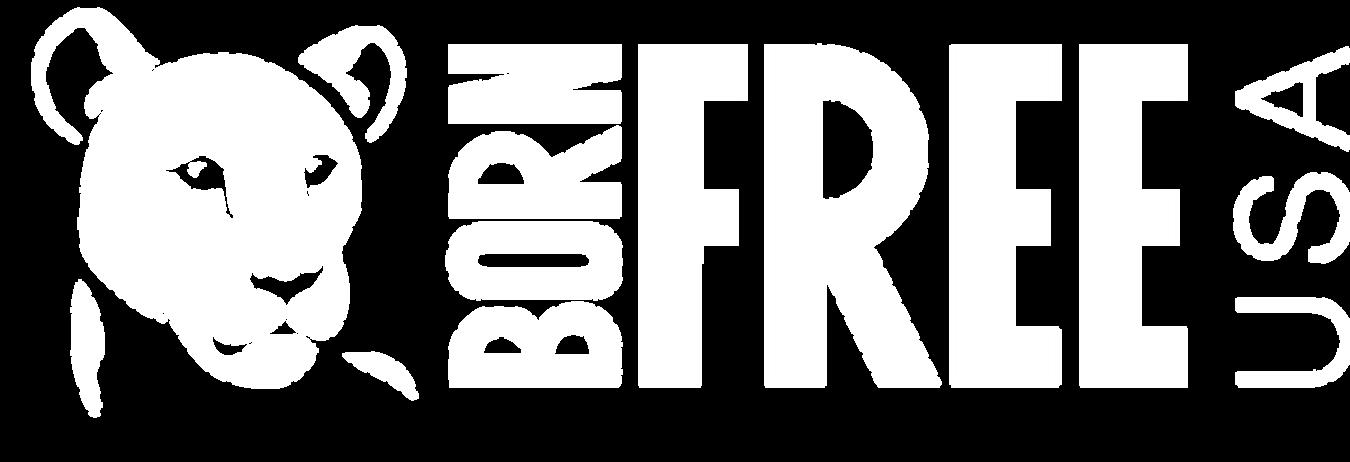THREE YEAR STRATEGIC ROADMAP
Advancing a world of peaceful coexistence between humans and wildlife.





Advancing a world of peaceful coexistence between humans and wildlife.




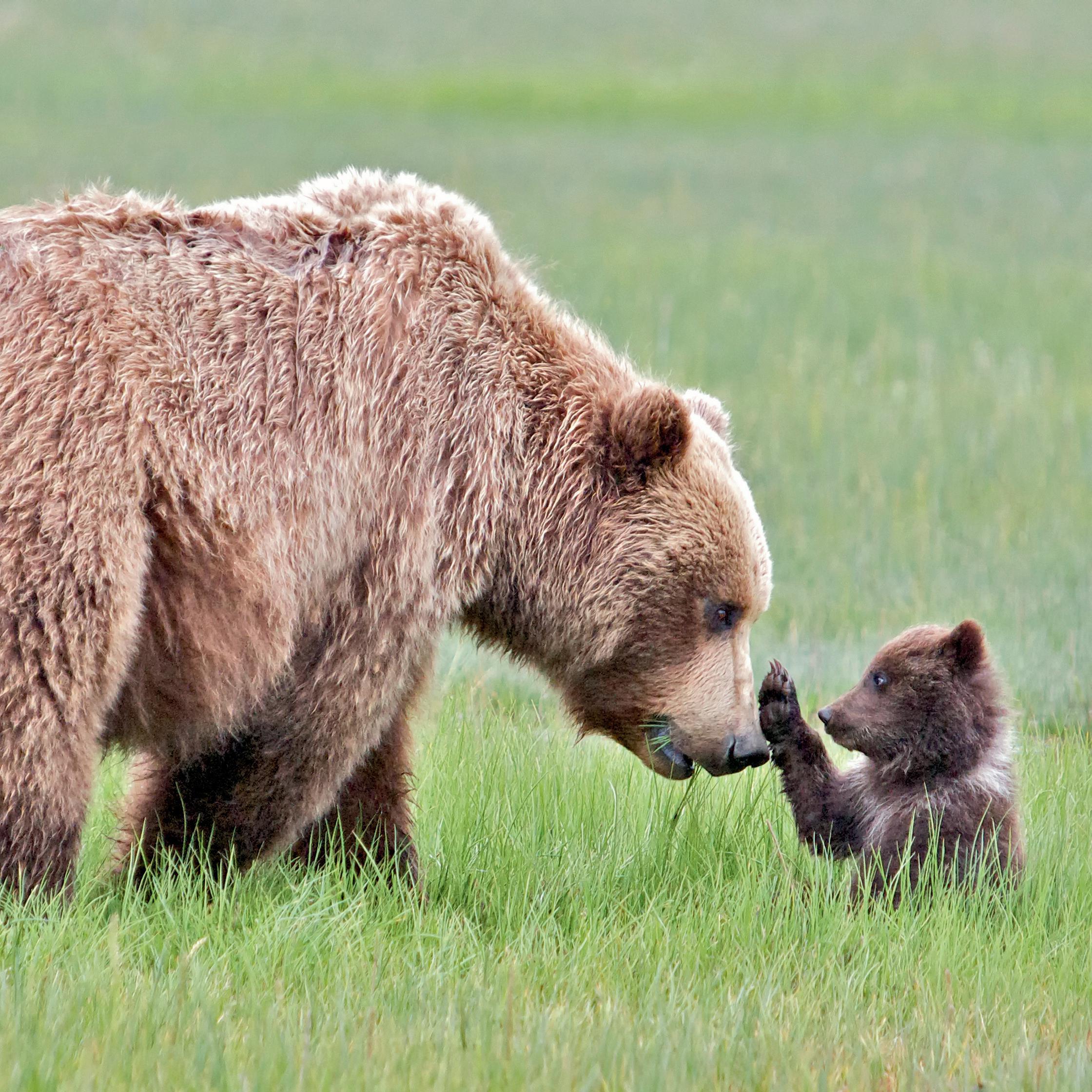

Scientists project that, given the ongoing rates of habitat loss and climate change, 1 million animal and plant species could face extinction by the close of this century. Two of the main drivers of this extinction crisis are 1) changes in land and sea use and 2) direct exploitation by humans. The upcoming decade represents a crucial, and perhaps final, chance to reverse environmental decline and avoid a mass extinction event on our planet.
Securing a future for animals presents a formidable challenge. Despite significant progress in animal welfare in the United States, a pervasive perception of animals as commodities and sources of entertainment still exists. Furthermore, while well-documented research indicates otherwise, the practice of keeping animals in captivity, including in zoos, continues to be seen as a viable conservation tool.
We are confronted with the repercussions of human exploitation, such as the killing of apex predators, often to protect animals who are bred commercially for human consumption, and animals deemed to be a nuisance. Legal safeguards for animals are scarce, and even where they exist, enforcement often proves ineffective, under-resourced, or nearly impossible.
On a global scale, a conflict arises between ambitious biodiversity-rich countries in the Global South and countries in the Global North that are unwilling to prioritize conservation over their economic interests tied to animals and habitats as commodities. Bridging this divide is crucial for achieving a balanced and sustainable coexistence between human activities and the preservation of biodiversity.
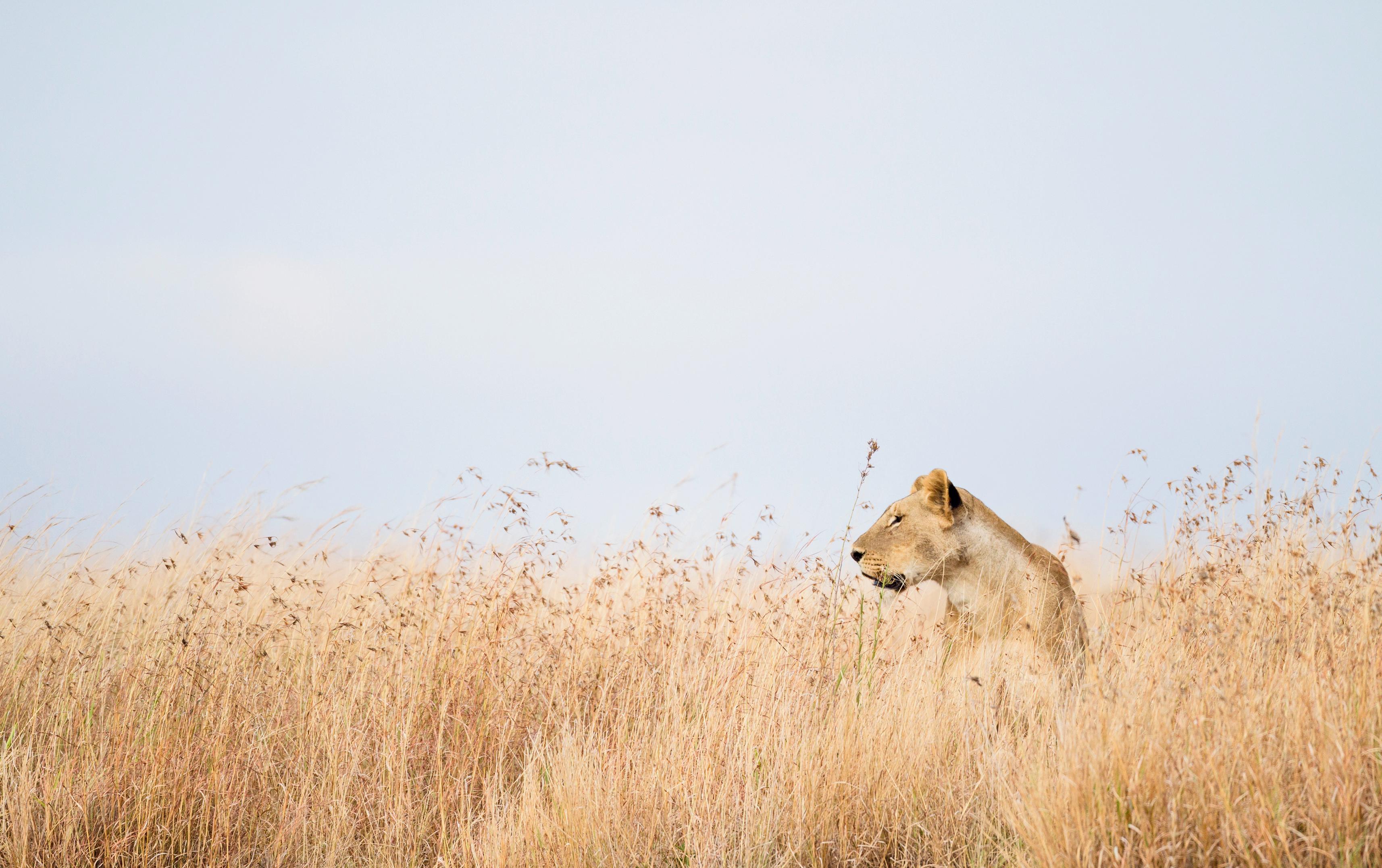
A coexistent future where humans no longer exploit wild animals.
We work to ensure that all wild animals, whether living in the wild or in captivity, are treated with compassion and respect and are able to live their lives according to their needs.
As a leading wildlife charity, we oppose the exploitation of wild animals in captivity and campaign to keep them where they belong – in the wild. We promote Compassionate Conservation to enhance the survival of threatened species in the wild and protect natural habitats while respecting the needs and safeguarding the welfare of individual animals. We seek to have a positive impact on animals in the wild and protect their ecosystems in perpetuity, for their own intrinsic value and for the critical roles they play within the natural world.
Born Free is a a global wildlife protection and conservation organization, established in 1984 in the United Kingdom by the actors Dame Virginia McKenna and Bill Travers MBE, who starred in the iconic 1966 film Born Free, along with their son, Will Travers OBE. Born Free spans the globe with locations and animal sanctuaries in Europe, the United States, Africa, and parts of Asia.
Established in 2002, Born Free USA brings the vision of compassion for all wild animals, whether free or in captivity, to the United States. Soon after our founding in the U.S., Born Free USA merged with Animal Protection Institute and took over responsibility for one of the largest primate sanctuaries in the country.
For more than two decades, Born Free USA has been at the forefront of national and international efforts to
safeguard wildlife, combat the illegal wildlife trade, rescue animals from cruelty and exploitation, and advocate for policies to enhance the protection and well-being of wild animals. Our organization operates on the principles of compassion, science, and evidence-based advocacy, striving for a world where wild animals can live free from suffering and exploitation.

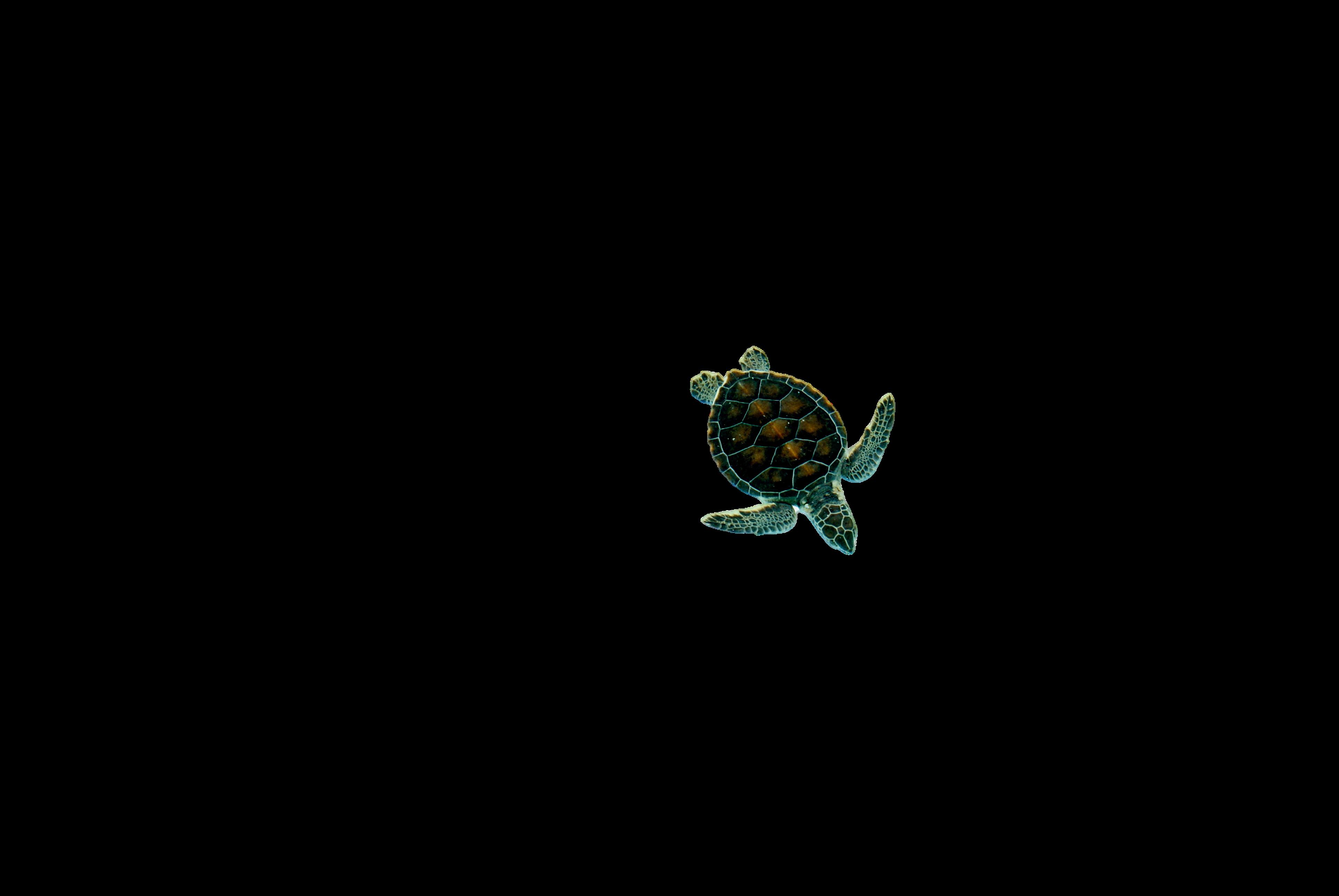
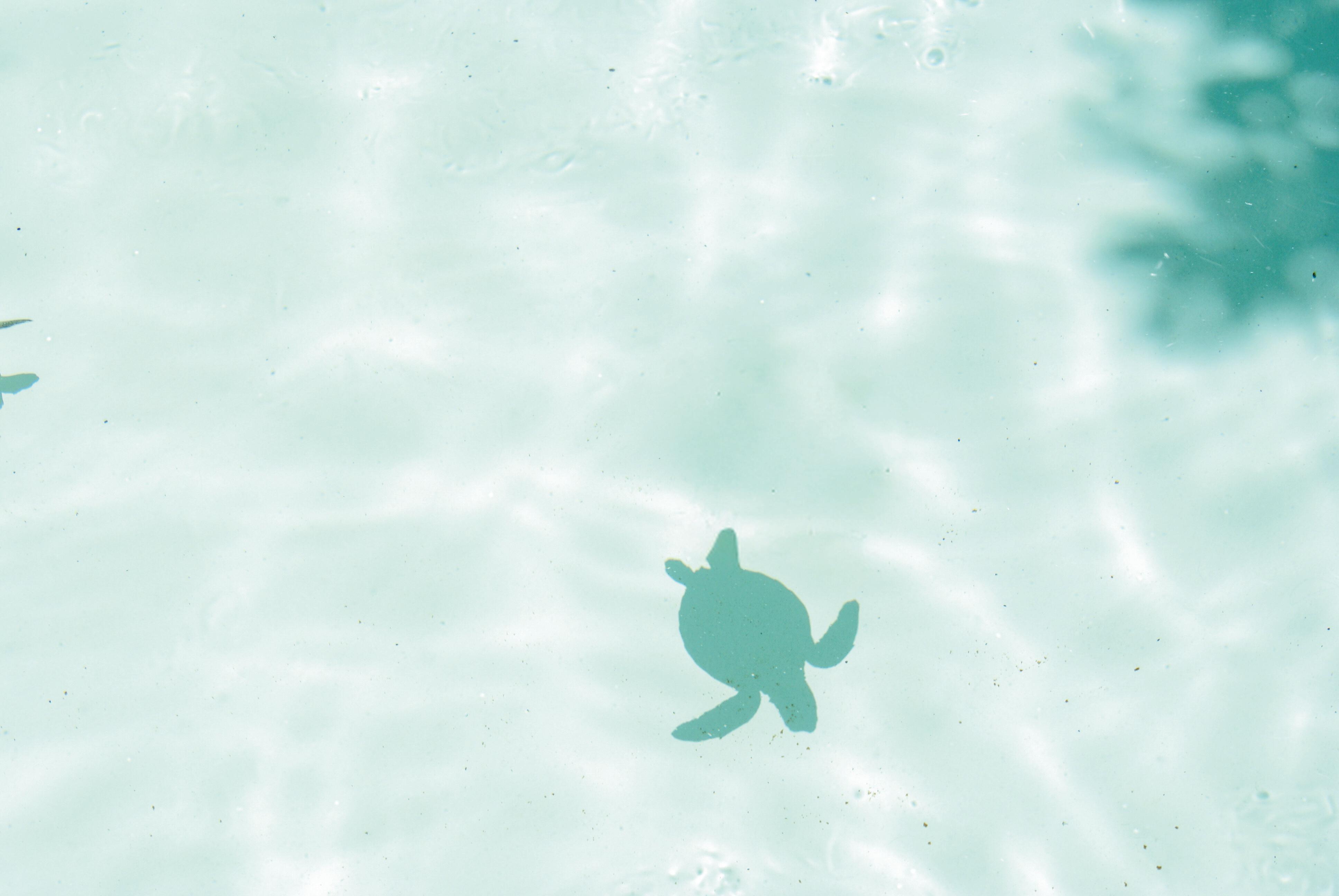
We are reliable and trustworthy partners.
We are considered valued experts by our peers and high-level officials.
The quality of our work and research materials is exceptional.
Our programs and campaigns are both proactive and responsive.
We take a holistic approach to problem-solving.
We have a strong culture of collaboration
We act nimbly on local, national, and global scales.
We find compassionate solutions to wildlife protection and value the dignity of all species.
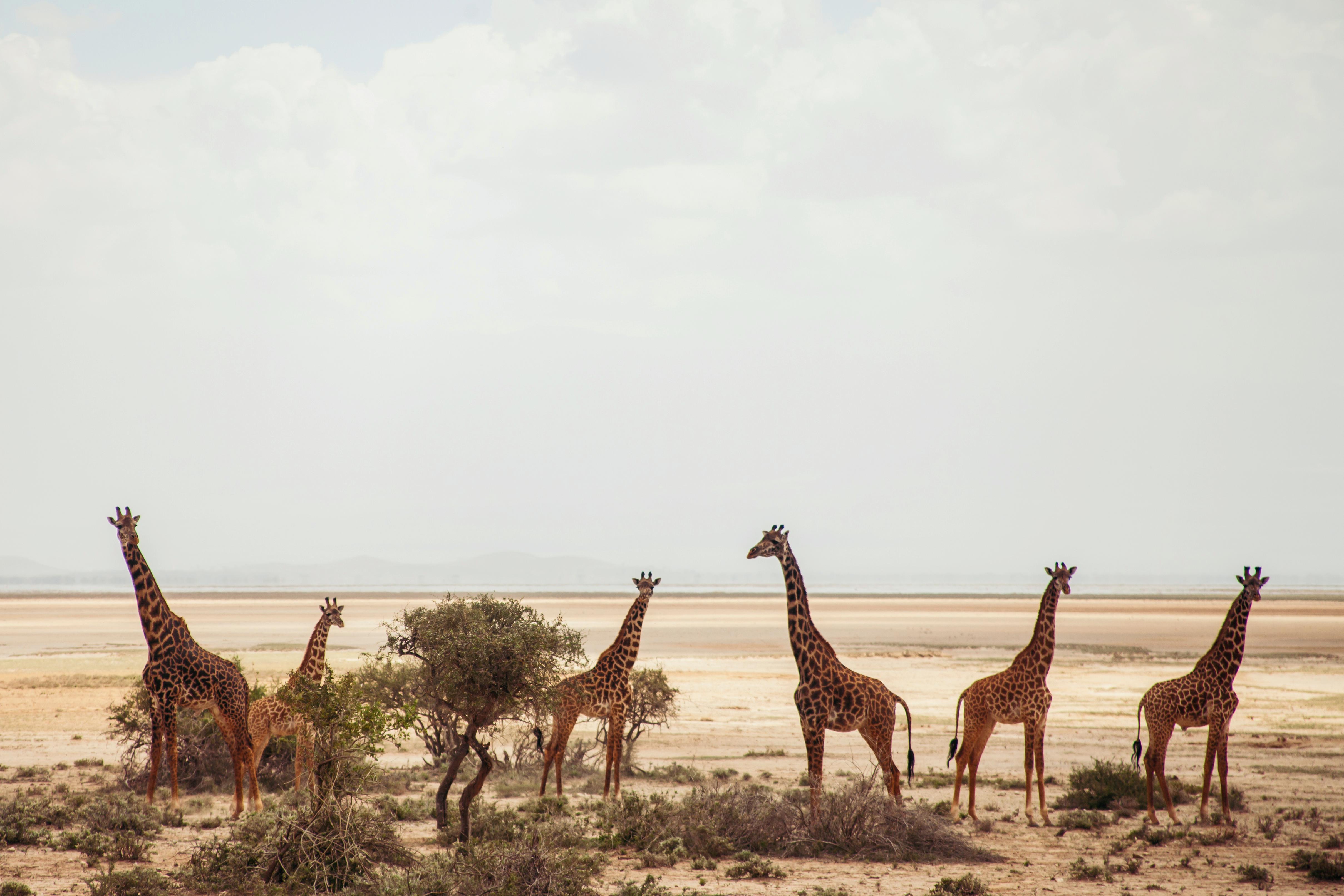

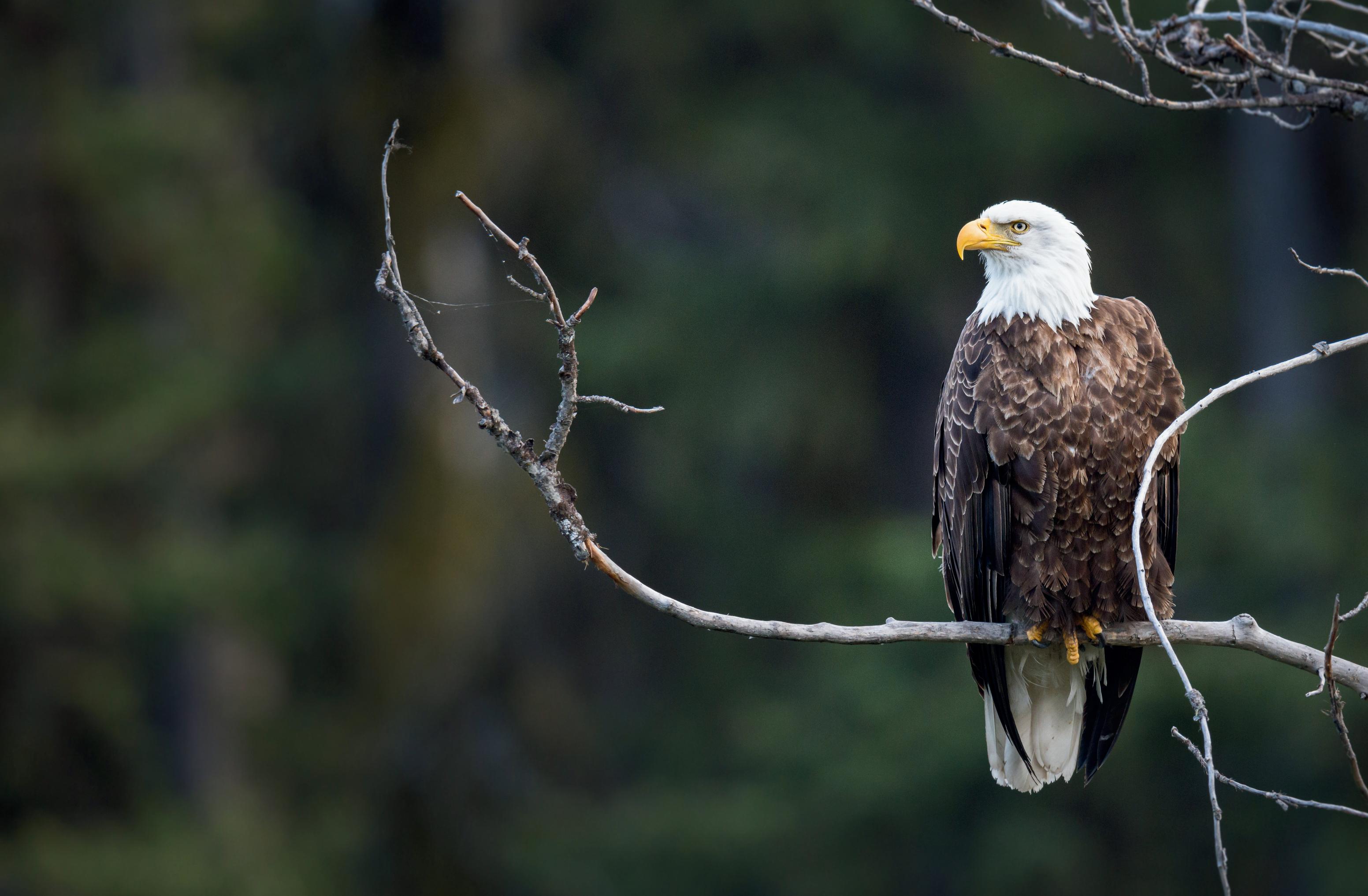
In the Coming Three Years, We Will...

Be a catalyst for positive change for wild animals.
WILDLIFE WELFARE AND ADVOCACY
Disrupt exploitation of wildlife. Promote welfare of animals.
Be a center of excellence in care of rescued primates.
PRIMATE SANCTUARY
Lead in standards of care. Share our knowledge.
Address the biodiversity and extinction crises.
WILDLIFE CONSERVATION
Combat wildlife exploitation. Expand our conservation impact.
In the United States, animals are often viewed as commodities or entertainment, perpetuating practices like trophy hunting and the fur trade. Despite evidence against it, captivity, including in zoos, is still seen as a conservation strategy. When it comes to biodiversity in the U.S., human exploitation of land and animals, including encroachment into natural areas, prioritizing animals bred as commodities over the lives of wild animals sharing the same land, and the introduction of invasive species, prompts widespread use of lethal wildlife management. Legal protections for animals are sparse and enforcement is often inadequate or impossible.
The issues we face in this country are daunting in number and scope. Born Free USA focuses on the ones where our expertise and resources will make the greatest impact for animals. These include:
The exotic pet trade.
Animals in captivity for public entertainment.
Coexisting with wildlife.
Fur farming.
Cruel use of body-gripping traps.
Wildlife thrill killing practices.
Be a catalyst for positive change for wild animals.
Effect legislative change for wild animals. 1.
Raise public understanding around how animals are exploited in our world. 2.
3. Engage and empower activists of all ages to become effective movement builders. 4.
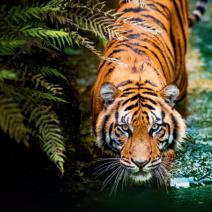
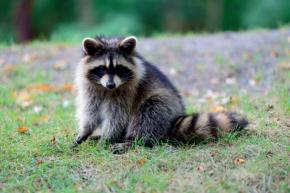
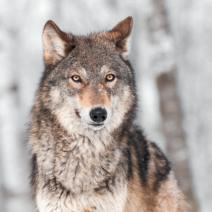
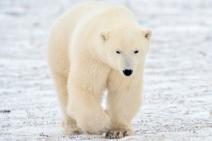
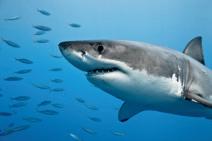
In 2024 we will advocate for our priority bills in Congress, galvanizing supporters and lobbying congressional leaders to gain momentum for their passage. We will also launch a communitydriven, multi-media youth engagement campaign informing students and educators of the animal welfare issues resulting from mobile zoos and classroom pets. Additionally, we will convene a nationwide youth council to provide a platform and support to young leaders in wildlife conservation and protection. Finally, we will produce a series of resources to support the peaceful coexistence of humans with wildlife in today’s climate.
In 2025 we will push forward our priority bills in the new Congress by bringing in advocates from across the United States to lobby with us on the Hill. Iterating on our 2024 multi-media campaign, we will launch three more on our core issues. Additionally, our school pet campaign and national youth leadership council will bring on critical partnerships and move from pilot phase to full-fledged programs. In preparation for what is to come, we will also conduct policy assessments and build a strategy to address our core issues at the state level.
Change public opinion to understand the negative impact of using wild animals in zoos, entertainment, and as pets.
In 2026 we will take the leap to implement statelevel advocacy and lobbying campaigns to effect local change while building momentum in other states and eventually leading to federallevel change. We will continue to refine and invest in our youth empowerment programs through educational institutions and our nationwide youth council. Additionally, we will launch a youth-led project grants program to fund initiatives designed and led by young people. The grants program will be administered by the Youth Council, with support from Born Free USA’s programs staff.
In the United States, conservative estimates indicate that more than 15,000 primates are kept as pets, with varying legislative restrictions across states. Despite the inherent dangers and negative welfare impact of keeping primates as pets, the U.S. lacks sweeping federal legislation, leading to a patchwork of inadequate regulations that vary by state. This results in monkeys being held captive in grossly inadequate conditions, subjected to immense physical and psychological harm and jeopardizing public safety.
The Born Free USA Primate Sanctuary is one of only around 20 in this country. We provide a permanent home to hundreds of monkeys who have come from unnatural and often traumatic situations, such as animal experimentation, the pet trade, zoos, and roadside attractions. We provide all residents with lifetime care in natural enclosures, with nutritious food, veterinary care, and the companionship of other monkeys. The 175-acre facility is located south of San Antonio, Texas, and is accredited by the Global Federation of Animal Sanctuaries.
Be a center of excellence in care of rescued primates.
Provide outstanding lifelong care to all sanctuary residents based on individual needs through all life stages.
1. Provide professional development to maintain a team with the highest standards in animal care.
2. Maintain exemplary facilities for animal housing, staff accommodation, operations, and veterinary care.
4.
3. Establish educational opportunities for visiting animal welfare, veterinary, and sanctuary professionals.

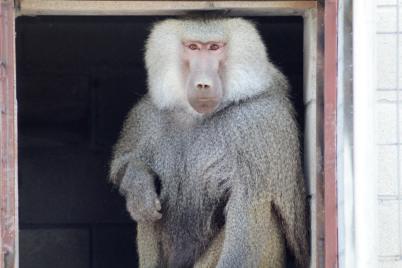
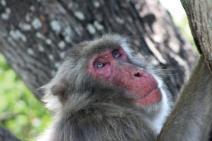
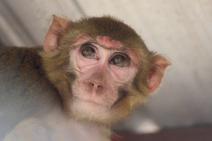
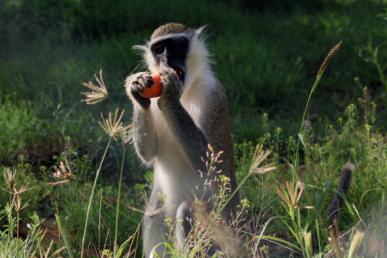
In 2024 we will invest in our caregivers, increasing their wages to competitive levels and providing essential equipment for them to fulfill their duties. We will also develop plans to address the long-term infrastructure needs of the sanctuary even as we make real-time decisions to deal with short-term needs. Additionally, we will cultivate key sanctuary staff, preparing them to take on increasing levels of leadership.
In 2025 we will embark on a journey to transform the infrastructure at the sanctuary, empowering the team to provide standardsetting care to the monkeys. As infrastructure is improved and expanded, we will recruit two additional caregivers to increase the overall staff capacity to achieve excellence.
In 2026 we will continue critical infrastructure upgrades and establish ourselves as an educational resource for sanctuary professionals around the world.
The world is currently undergoing a global extinction crisis triggered by human activities. Two key drivers of the crisis are areas of expertise for Born Free USA: 1) habitat loss and degradation and 2) human exploitation of wildlife. Among the world’s most biodiverse regions, West Africa holds both some of the greatest challenges and best chances to address the global extinction crisis.
Born Free USA is the only nongovernmental organization working with all 15 West African nations to support sweeping protections for wildlife. As a trusted partner and respectful ally, Born Free began its work in the region in 2015 by responding to requests for capacity development from West African governments to combat wildlife crime.
Wildlife crime is having a devastating, and possibly irreversible, impact on biodiversity, ecosystems, and wildlife species in West Africa. Countless species, including elephants, lions, and pangolins, have uncertain futures due in large part to wildlife trafficking.
But, the damage of wildlife crime is not limited just to the natural world. The perceived high reward and low risk associated with wildlife trafficking make it attractive to organized criminal groups, which also take part in human trafficking, drug trafficking, and other nefarious activities that harm human communities. In addition, ecosystem destruction and the threat of zoonotic diseases endanger economic activity and human health and safety.
Address the biodiversity and extinction crises.
Advocate for the adoption of international, regional, and national commitments to halt unsustainable and illegal exploitation.
1. Support West African countries in expanding and strengthening protected areas (30 by 30).
3.
2. Strengthen capacity of West African countries to advocate for an increase in Nature Finance.


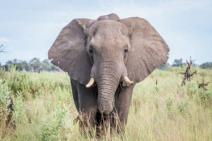
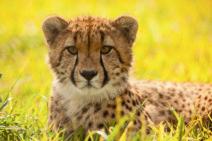
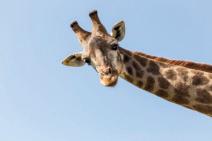
In 2024 we will equip West African countries to advocate for funds for the implementation of CITES, and for accountability in ensuring Nature Finance commitments are met. We will launch the development of a West Africa regional biodiversity strategy and regional contributions to the global commitment to protect 30% of land and seas for wildlife habitat by 2030 (30 by 30). Building on the adoption of National Wildlife Crime Strategies, we will help establish Wildlife Law Enforcement Task Forces at the countrylevel for at least 3 nations through which we will support transboundary investigations, enforcement trainings, and ongoing mentorship. We will support the launch of a regional West Africa Network to Combat Wildlife Crime, ensuring that all national task forces can coordinate on regional enforcement efforts.
In 2025 we will advocate for the adoption of a CITES grant-to-project matchmaking program to connect conservationists working in biodiversity-rich countries with potential funders. We will continue training and capacity building work while expanding to more countries in the region and focusing on transboundary investigations. Additionally, we will work towards the development of a regional biodiversity strategy and national contributions to the 30 by 30 commitment with engagement from all 15 West African countries.
In 2026 we will work to strengthen the management of a priority West Africa protected area and continue our work to ensure global commitments to Nature Finance reach biodiverse nations. We will continue our wildlife crime capacity building work at the regional and national levels. We will aim to provide sustained support to West Africa to develop and implement regional and national level biodiversity strategies.
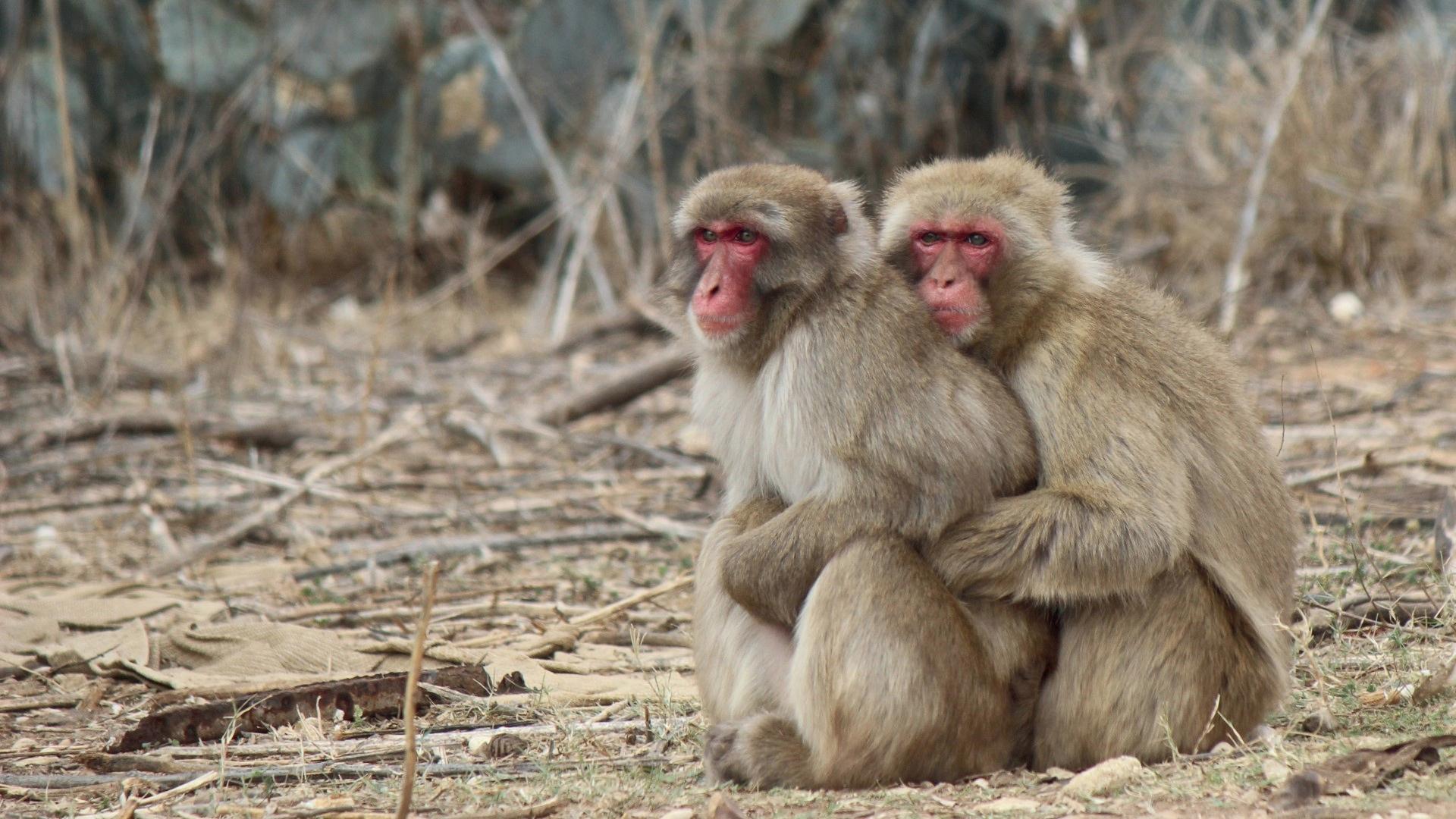
You are an essential partner in advancing a world of peaceful coexistence between humans and wildlife. Together, we can turn the tide of mass extinction and ensure a future for wildlife and the wild spaces where they thrive.
Donate cash, stocks, donor advised funds, or cryptocurrency.
Adopt a Sanctuary Monkey.
Join Women for Wildlife ($500+).
Advocate with Us.
Become a Monthly Wildlife Sustainer.
Join the Monkey of the Month Club.
Adopt a Wildlife Species.
Join Elsa’s Legacy Circle (Estates & Trusts).
Join the Leadership Giving Circle ($1,000+).
Contact Us about Corporate Partnerships.
Volunteer with Us.
